The Bank of England’s Monetary Policy Committee (MPC) voted unanimously to keep interest rates at 0.75 per cent and maintain its stock of corporate and UK government bond purchases, according to the Bank of England.
This decision has largely been based on the “perceived likelihood” of a no-deal Brexit and the growing tensions in global trade, which could lead to low economic growth, the central bank reported.
The MPC’s decisions on interest rates feed directly through to the housing market, as mortgage rates typically follow the direction of interest rates set by the Bank of England over time.
Sterling exchange rate drops
International trade concerns have increased volatility in assets such as global equity prices and a decline in industrial metals prices. Brexit uncertainty has also put additional pressure on UK forward interest rates, a metric that the markets use to determine where rates are likely to go in the future. This pressure has also resulted in a drop in the Sterling exchange rate, says the MPC.
Companies in the UK and the European Union have built up emergency stocks ahead of recent Brexit deadlines, which caused UK GDP to grow by 0.5 per cent in the first quarter of this year. However, goods trade with the EU weakened in April, indicating that companies were running out of stock.
The Bank of England also reported that core inflation (excluding fuel and food prices) rests at 1.7 per cent, remaining below the 2 per cent inflation target the MPC uses to determine if rates should rise, fall or hold steady. The Bank of England expects inflation to remain subdued, citing a recent decline in energy prices.
Outlook dependent on possible outcomes
The MPC’s May Inflation Report projections said the ultimate outcome of Brexit would be the determining factor, when it came to making its judgements on future economic performance.
The Bank of England commented: “The economic outlook will continue to depend significantly on the nature and timing of EU withdrawal, in particular the new trading arrangements between the European Union and the United Kingdom, whether the transition to them is abrupt or smooth; and how households, businesses and financial markets respond.”
The Bank of England concluded that future monetary policy will also depend on demand, supply and the exchange rate. However, whatever the monetary policy response to Brexit may be, the MPC continued to affirm their dedication to achieving the 2 per cent inflation target in the future.








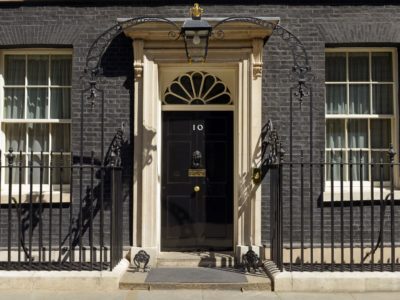
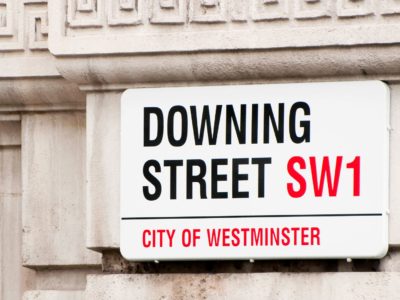

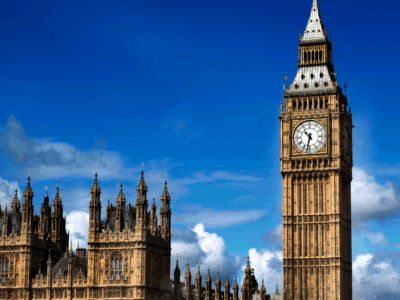




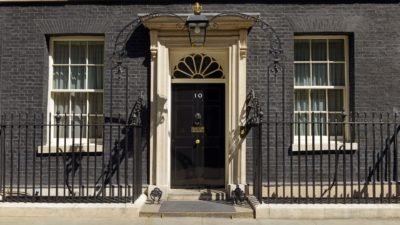




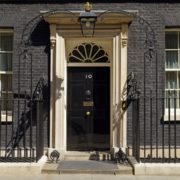


Comments